The Brutalist: Industrial Exploitation
Brady Corbet's film is an immense work documenting an immense work, taking on the form of its subject as a formalist monolith, a slab of grim reality that renders the weight of its expression.
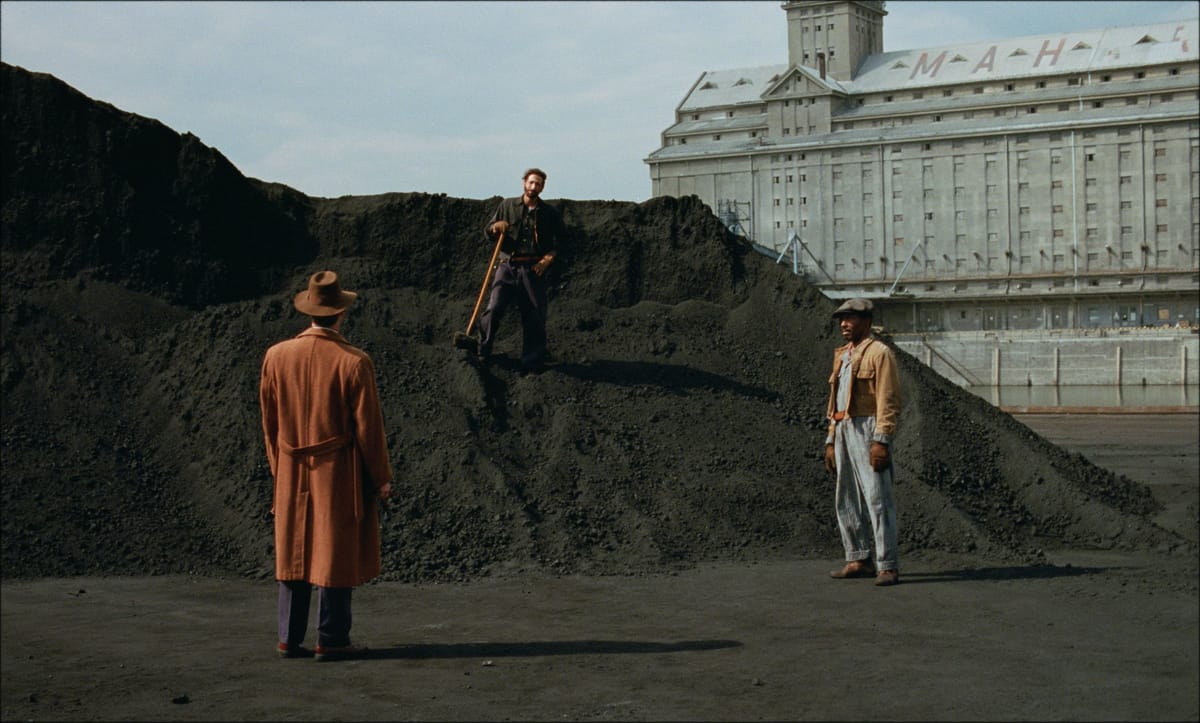
When the terrible recollections of what happened in Europe cease to humiliate us, I expect for them to serve instead as a political stimulus. Sparking the upheavals that so frequently occur in the cycles of peoplehood. I already anticipate a communal rhetoric of anger, fear. A whole river of such frivolities may flow on them. But my buildings were devised to endure such erosion.
László Tóth does not exist. In the vast expanse of Brady Corbet's 215 minute post-war elegy, he's never allowed to. He is perpetually lost, hollowed out by grief and clinging on to life, desperate to find himself but trapped in a landscape that refuses him a voice. Freedom in name only, staring at the symbol of liberty through a warped lens - it's all poison, a different mechanism to oppress and dehumanize, all kindness shrouded in ruthless intent. Sand down the aching mind with nicotine and opiates, yearning to construct a monument to the voiceless, a blunt instrument to exist as an expression of anguish and love for eternity. No matter who tries to define it, no matter whose arrogance stands atop its construction - it will persist.
The Brutalist masks itself as the hopeful presence of the American dream until it crystallizes that it's really about the crushing failure of it, a hazy at best fantasy that consists of suffering beneath differently presenting gears of capitalist churning in the faint hope of retaining some kind of dignity by the end of it. Every moment of catharsis is tainted by the subsequent reaction to it, as if any inkling of hope or levity were an immediate threat to the value of American purity. Welcomed by fellow immigrants only to find a void of camaraderie, the assimilated ensuring to prevent anyone else from accomplishing the same. And so churns the toil of the working class, trapped again at the bottom of a well of pain, shut out by racism and hatred, only accepted as a human again when it becomes socially beneficial to leverage his exceptionalism.
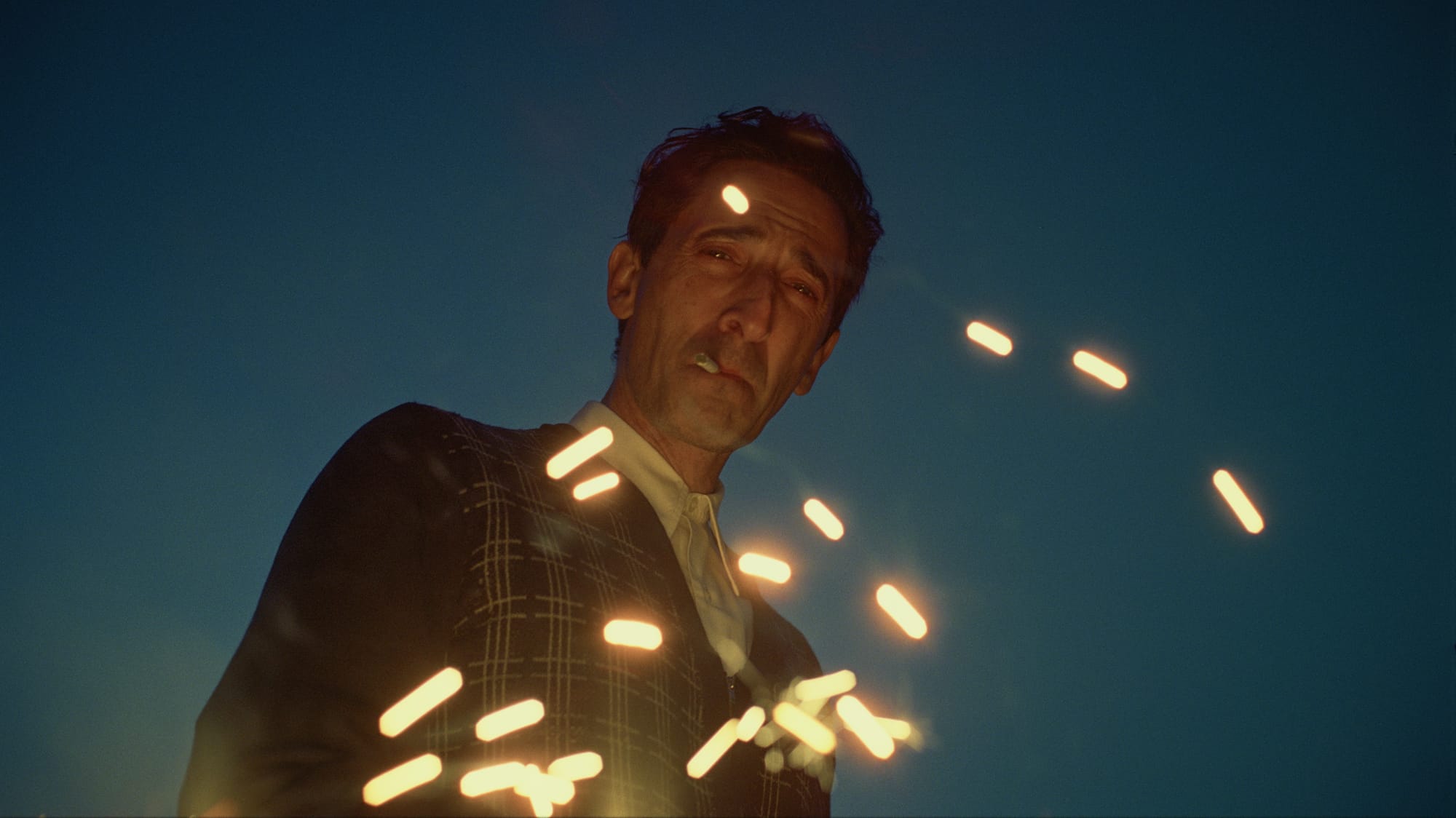
Corbet's film is an immense work documenting an immense work, taking on the form of its subject as a formalist monolith, a slab of grim reality that renders the weight of its expression. The decades spanning narrative slowly builds a portrait of a man that speaks through his tirelessly enduring spirit, exiting alone from the cold steel innards of a ship onto Ellis Island, his wife thousands of miles away trapped in their home country. There is deep sorrow in his narrated letters to Erzsébet, a deeply flawed and broken man bearing his soul, but as his world begins to expand, Daniel Blumberg's beautifully lilting piano score thrusts the film into the heart of American industry. Even as Tóth first makes his way to Pennsylvania to stay with his duplicitous cousin - a man who altered his presenting identity to pass as an all-American family man because his wealthy clients don't want to buy furniture from Jewish immigrants - he remains an inspired artist, constructing new age modernist furniture in an electrifying sequence of creation visualized.
While his radically inventive furniture may not have been pleasing to most of his cousin's white picket fence clientele, it catches the eye of someone wealthy enough to be interested in its novelty - the son of local industrial magnate Harrison Lee Van Buren. Guy Pearce plays Van Buren with the perfect degree of charismatic seduction, charming and just generous enough to mask the degree of vicious contempt beneath his skin. Once again the concept of the American dream is bastardized and demolished, as Van Buren recognizes Tóth's past architectural accomplishments and rewards him with a pitifully demeaning salary to accomplish a monumental construct, should he be grateful enough to appreciate the opportunity granted by Van Buren's false benevolence. A vanity project for Van Buren, a stark centerpiece visible to the entire city that may serve as a reminder of his greatness - it also just so happens to be Tóth's elegiac monument to his pain, an expression of the suffering he and his wife endured in German concentration camps.
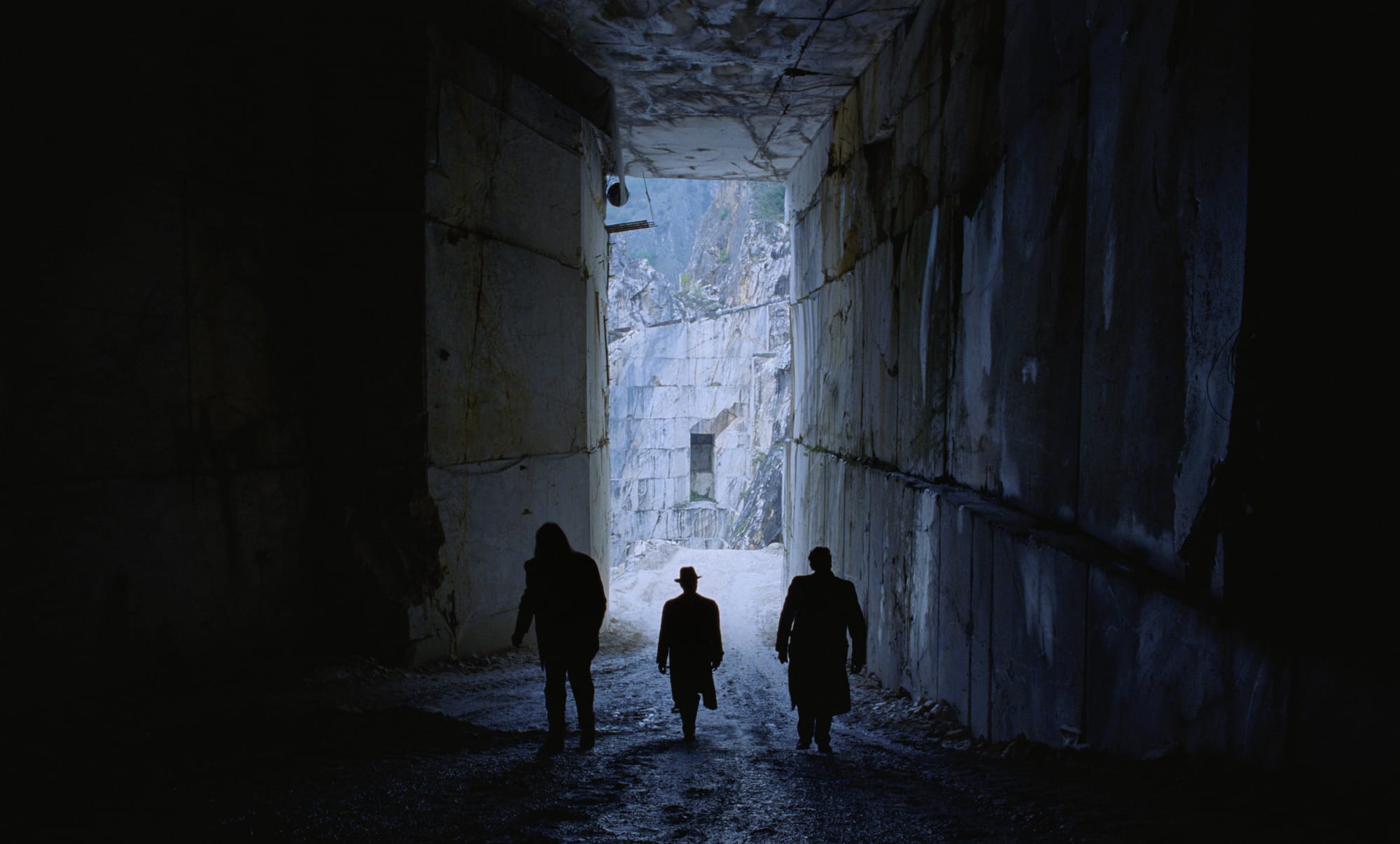
The film is embroiled in this caustic and oppositional dynamic between Tóth and Van Buren, a destructive and doomed relationship bound by capital and the whims of wealth, Van Buren slowly revealing himself as more and more of a controlling monster who only sees Tóth as a tool to elevate his own arrogance. The twisted and corrosive nature of it all is woven so well throughout that it's a shame it has to conclude in such bluntly obvious terms, in a moment that undercuts the film's own brash subtleties as it trades the banal oppression of immigrants for a much more literalized image of violent degradation.
Thankfully the sheer impact of Corbet's aspirations sand down the rougher edges, as the final picture matches up to its cinematic American fable inspirations, a sweeping epic whose final act of bluntness is as effective as it is bold. Through a fuzzy lens in a hazy future, his legacy is stolen, still left in his final moments voiceless, mutated into rote Zionism by another part of the same machine of violence. All that remains is his work, cold and eternal, speaking for itself. László Tóth's true expression, enduring erosion for all time to come.


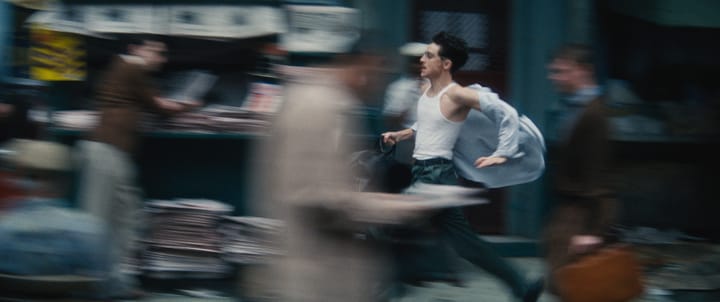
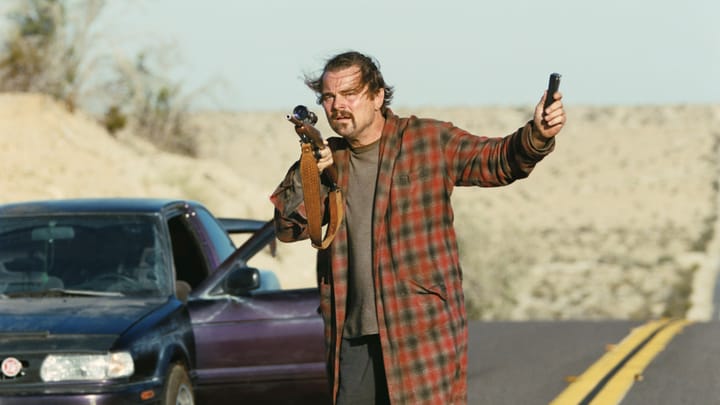
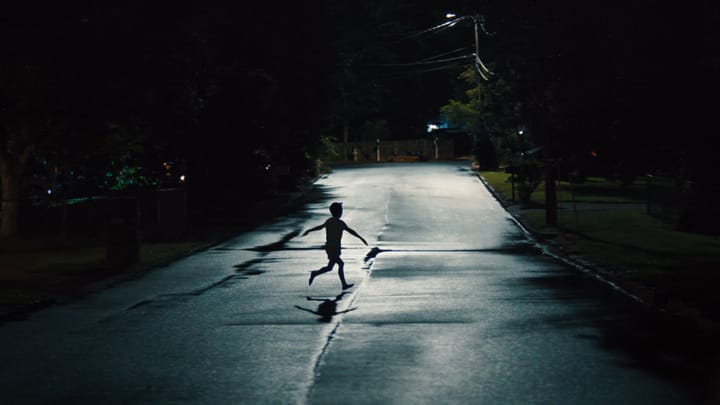
Comments ()